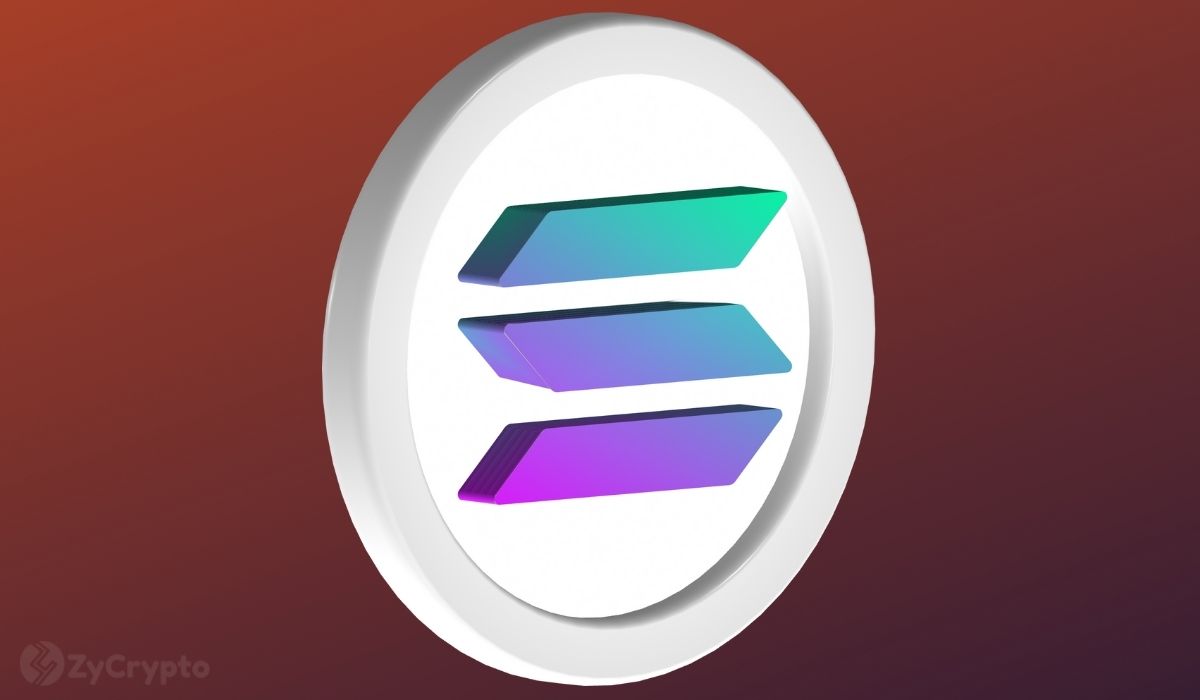Five reasons why you might not get a job interview
Job hunting is difficult – there is no doubt about it.

Click on the image to see all vacancies on the FinTech Futures Jobs portal
You spend so much time and mental energy refining your job searches in the first place, and make sure that only the right ones will hit your inbox so you can follow up. Then there is the application process, the conversations and the emails … and hopefully an interview after all that.
It is important to remember that it takes time to get a new job: a study from 2018 by Randstad US discovered that it takes around five months from start to finish. During these five months, you will create an average of four different edited versions of a resume (as well as four cover letters), submit seven job applications and participate in five job interviews.
It all sounds exhausting. So what happens if, after all that effort, you just do not get any interviews? Is there anything you can do to increase your chances? The good news is that there are: we have five strategies to follow below. Good luck!
1: Your resume needs work
The first thing you should look at is your resume. It is far too easy to pick the CV you have had in the archive for a few years out of a folder, give it a go once, attach it to an application and think “job done”. But the fact is that every job you apply for will need a tailored approach if you want to be noticed.
Review your resume line by line, making sure everything on it is up to date and relevant to the job you are applying for. Be sure to remove old, outdated or unnecessary experience. Adjust your personal statement to fit, make sure you have keywords that match those in the job ad roles and responsibilities sections (so that the hiring manager can instantly see that you fit) and make sure all of your contact information is correct. Update any new skills you have learned, new professional accreditations or other professional achievements. And keep it short – two pages is fine.
2: You did not write a cover letter
Only 47% of job seekers write cover letters, which means that you have a 53% chance of standing out. Make your application stand out with a well-written cover letter that explains what you can do and why you want to excel in this role.
3: Your cover letter is too generic
Like your resume, you need to tailor the cover letter for each job you apply for. Yes, it is more work, but it is also more likely to pay off. If you can find out the hiring manager’s name, use it over a generic “Dear Sir / Madam”.
Aim to include specific instances of projects or achievements, with KPIs or numbers to back up your sample. Explain how you have been successful in previous roles; This will give the employer a taste of what you can do. Include keywords from the job description as well. Time-consuming hiring managers and recruiters often use software to help them narrow down candidates, so this is an immediate shortcut to getting your application seen.
4: You did not impress on the first call
Many hiring processes will begin with a preliminary interview from a hiring manager or a recruiter. They will often ask you to make an appointment in the calendar for a quick chat – 10 or 15 minutes or so. It’s a mistake to think that this is not a big deal – it is.
This first interview is made to get some basic information about your skills and qualifications, but also to assess your interest in the job. A hiring manager will look to learn about you, and based on this conversation, they will decide if you should move on to the first round.
Take the conversation seriously: prepare, get some case studies together, find out why you want to work in the company and have a salary expectation ready, as this may be a question you are asked at this stage. Follow up with a thank you email afterwards as well.
5: The company changed its mind
A very simple reason, and one that is completely out of your control. It is not uncommon for a company to dip its toe in the recruitment water and then decide not to continue. There can be many reasons for this: sometimes companies check to see the quality of candidates that competitors can hire, or an internal candidate may actually have been hired instead.
If you are ready to increase your job search, FinTech Futures Job Board is a great place to start, with hundreds of new jobs added every week.
 About the author:
About the author:
Kirstie works for our job board partner, Jobbio.
Based in Dublin, she has been a writer and editor across print and digital platforms for over 15 years.


